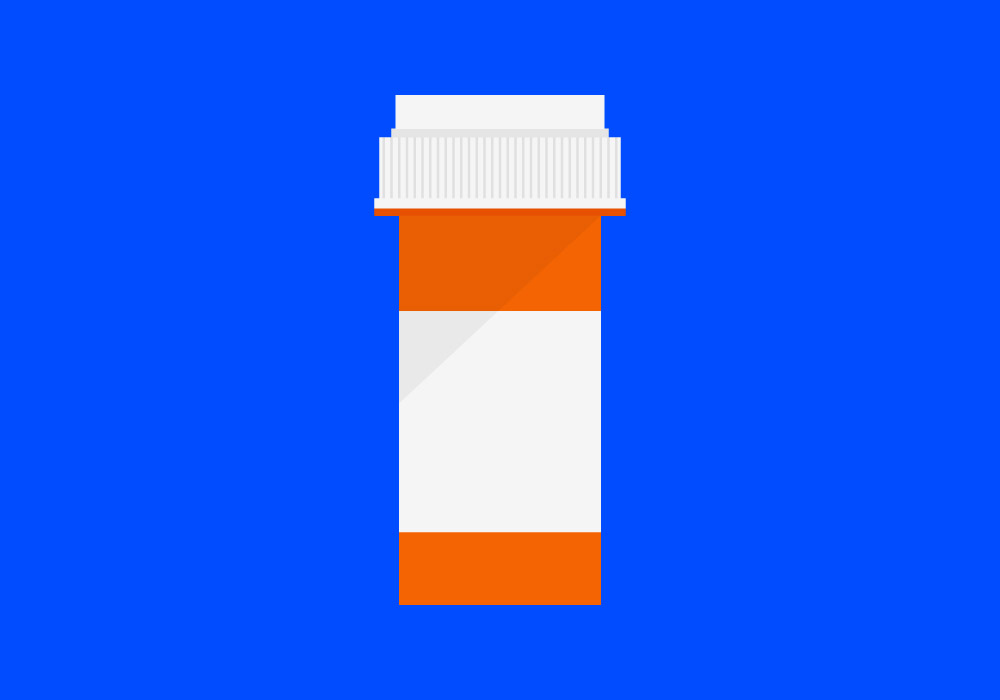
Antidepressants can be very effective in treating depression, but the drugs are often a hit or miss; of the 10% of Americans diagnosed with depression, the medications generally work in about half of cases. Even then, finding the right antidepressant can often take months of cycling through different drugs until one starts to alleviate the mood disorder.
But in a study published in the Proceedings of the National Academies of Science, researchers led by Leanne Williams, professor of psychiatry and behavioral sciences at Stanford University, found that a combination of brain scans and assessment of early life stress can predict which people are more likely to respond to an antidepressant right from the start.
Williams and her colleagues scanned the brains of 80 people with depression using functional MRI, which allows scientists to see which parts of the brain are active while people are seeing specific objects in the MRI machine. In this case, Williams was interested in analyzing the amygdala, a part of the brain involved in emotional processing. Animal studies and previous human studies have linked certain levels of activity of this brain region with mood disorders. The volunteers were shown pictures of happy and sad faces, and Williams recorded their amygdala responses to each.
She also asked them questions about their childhood experiences to determine how much stress or trauma they have been exposed to from an early age. Losing a loved one, having an illness, experiencing family conflict or being exposed to neglect or abuse can all affect how the brain—particularly the emotional brain—develops.
All of the people were randomly assigned to one of three popular antidepressants, each of which works in a different way in the brain, for eight weeks. After this, their brains were scanned again. Those who showed more amygdala activity when they saw happy faces were most likely to have good responses to antidepressants, while those with less activity—and therefore less ability to recognize and feel happiness—were not as likely to benefit from the drugs.
This pattern held even for people who reported having childhood trauma. That suggests, says Williams, that these people had found a way to cope or overcome their early life stress. People who reported having such trauma and who did not have a strongly active amygdala response to smiling faces were least likely to respond to antidepressants.
The results suggest that for people with a history of early-life trauma and under-active amygdala, medication may not be the best first-line treatment to try. It might mean that for these people, asking about their childhood experiences and referring them to counseling to address their reaction to these events might be as important as a drug to helping their depression.
“Primary care doctors in the study said they don’t have currently in front of them a way to make these decisions about depression treatment,” says Williams. “There are sets of antidepressants available and basically equal chance of choosing any one of them. They don’t know whether they need to refer someone to much more intensive counseling. They have no way of knowing if they should try medication or not.”
Williams hopes that the treatment of depression will soon include brain scans, which many people already have done anyway, to provide more hints about the best way to treat the mental illness in different people. If the scans show that the amygdala is under-active, for example, doctors might know that the patient is not likely to respond to antidepressants. Then physicians can investigate whether trauma has been present and consider advising the patient to look into counseling alongside different types of medications to help them with their depression.
Such stratification can be beneficial to a person both mentally as well as financially, since the current model of trying different drugs until one works can be both costly and detrimental to one’s mental health. “If your brain is in a situation where it’s unlikely to respond to an antidepressant, then continuing to try different ones is not necessarily going to help,” says Williams.
Combining information about people’s life history as well as biological information from brain scans could be a novel way to tailor depression treatment, she says. Giving people more confidence that they will be directed to the right treatment could also encourage more people with depression to get treated; currently a vast majority don’t. She points out that ordering additional tests such as scans is common in almost every other disease that’s not a mental illness—for heart conditions, bone disorders and more. While brain scans might require more upfront costs in depression, directing people to the treatment that’s most likely to work for them from the start may save more in the long run.
More Must-Reads from TIME
- How Donald Trump Won
- The Best Inventions of 2024
- Why Sleep Is the Key to Living Longer
- Robert Zemeckis Just Wants to Move You
- How to Break 8 Toxic Communication Habits
- Nicola Coughlan Bet on Herself—And Won
- Why Vinegar Is So Good for You
- Meet TIME's Newest Class of Next Generation Leaders
Contact us at letters@time.com